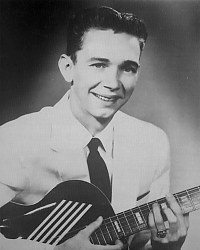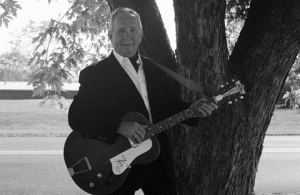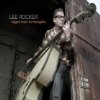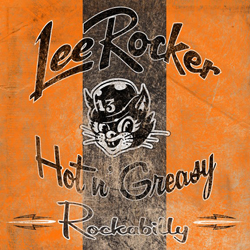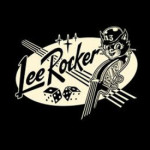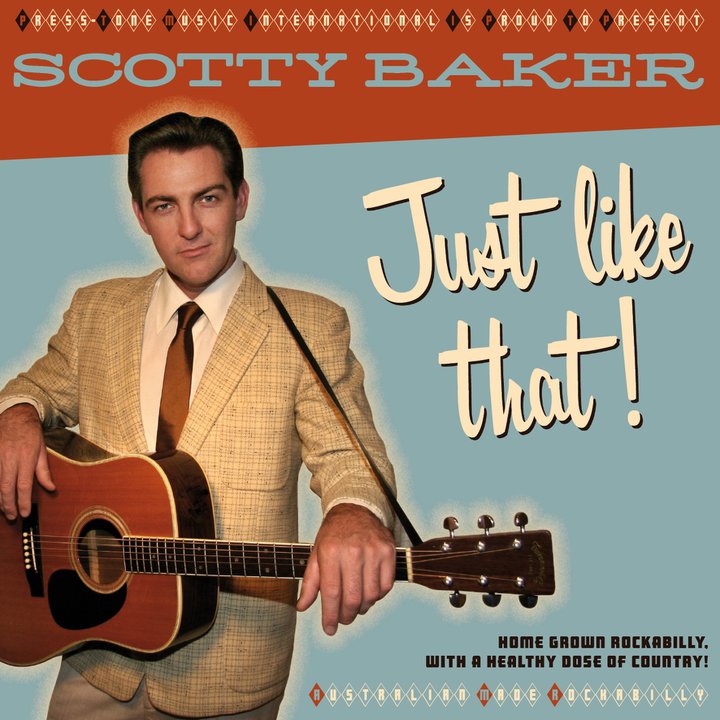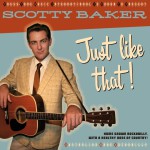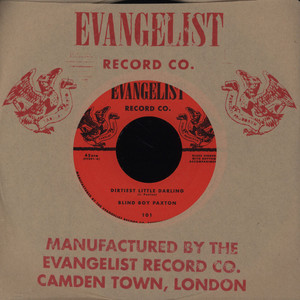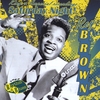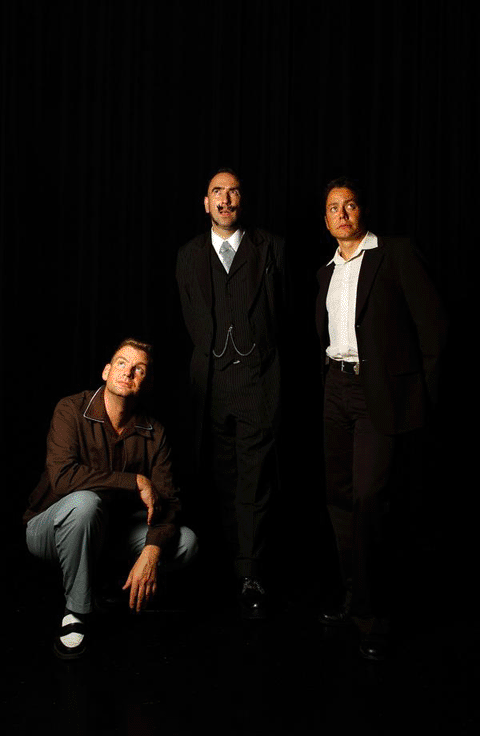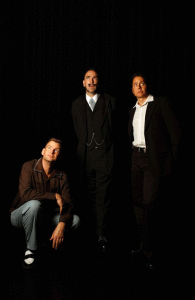Pat Cupp
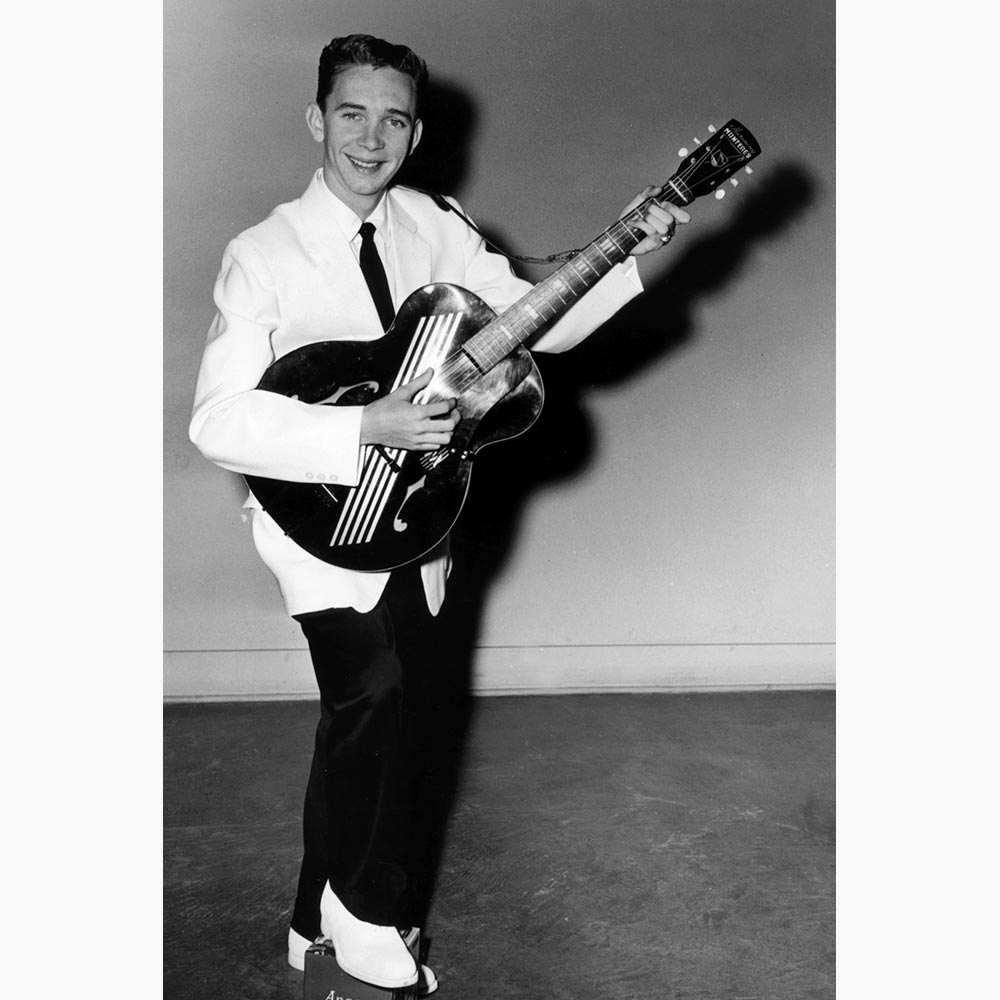
An interview with Pat Cupp
This interview took place a couple of years ago and was first published on my other website. But considering that we’re called the Rockabilly Chronicle I couldn’t imagine not having someone like Pat Cupp, a real gentleman if there’s one, in it.
By Fred “Virgil” Turgis
From what I’ve read I believe that you grew up in a house where music was present?
Pat Cupp: Yes that is true. My mom and dad were both musicians and raised us kids in the world of music. My mom was very talented and wrote plays and songs for us kids to sing and act out for the community we lived in. Our family was very well known as entertainers and were asked to perform on most all city events that took place over many years. I had two brothers, Skippy and Mickey and one sister, Bea. We all played instruments and took part in the singing.
How did you decide to be a musician yourself?
Pat Cupp: It really was not a decision process. All I can remember as a child is that music was a big part of me and came easy for me to do. I didn’t have big plans until I was a teenager in high school and figured out that you could make a living in the music business.
What did appeal you in rockabilly music?
Pat Cupp: My music background was first influenced by my mom and dad. I grew up playing and singing songs of the 1930’s and 40’s. Then came along Elvis Presley when I was in my teens. The style of music Elvis began doing just hit me at a time I was looking for something new to explore in the music world. At that time I decided that the sound and style was what excited me and made performing music fresh. Young people of that time were also looking for something different.
I believe you actually met Elvis. Tell us about that…
Pat Cupp: Yes, Elvis, Scotty and Bill came into my life by accident. A friend of mine had introduced me to Elvis’ music and he could mimic Elvis, but, could not play guitar. He and I teamed up. I played the guitar while he did his impersonation of Elvis. I also knew the songs of the “Platters” and would sing them as my part of our entertainment . We became well known by the teenagers in our town. The local Radio Station, KOSY, were the promoters that brought Elvis and his band to our city, Texarkana, Arkansas. Of course, my friend and I, along with most of the local teenagers went to see him perform. A lot of these teenagers knew of our (my friend and me) before they saw Elvis.
On one occasion, Elvis and his band were on their way to Texarkana and had a car accident about 12 miles south of Texarkana. Scotty notified the booking agent that they would be late getting into Texarkana for their show. The booking agent knew about my friend and me and contacted us to come to the show and keep the crowd happy until Elvis could get there. We were into our act when Elvis got to the show. Of course, he took over and my friend and I left the stage. However, we were asked to hang around until intermission so Elvis could talk to us and thank us. We were invited to his dressing room and spent about 30 minutes discussing music and just teenage stuff.
I met Elvis on another occasion at KOSY Radio Station in Texarkana. He and his band were doing a promotion for their show with a local disjocky. The disjocky was my manager and I spent a lot of time at the Radio Station helping him with his Radio Show. I talked with Elvis, Scotty and Bill for a while about his show and things to do around our city. Things happened pretty fast after that visit. I never saw any of them again in person. All this took place in just a couple of months beginning late 1954 and early 1955.
I’m sure our readers would be thrilled to hear a story or two of you touring with Carl Perkins and Johnny Cash.
Pat Cupp: First let me say that the word “touring” is not really what happened. I never toured with these guys. However, after Elvis left the area of Texarkana, Carl and Johnny took his place on the Friday night shows that were booked each month in Texarkana. I had begun writing songs and trying to get noticed by the local music fans that were coming to these shows. The shows that I performed on with Carl and Johnny were always in Texarkana at the time they were touring through this part of the country. My manager was the booking agent that booked Elvis, Carl, Johnny and many others into Texarkana. This is how I got to be on the shows with them. After I formed my band, “The Flying Saucers” and was recording for RPM Records, I wanted to tour with them to other cities.
I guess the most memorable story I can tell concerns Carl Perkins.
Before I formed my band, I was on some shows as a single. I just walked out on stage by myself and did my songs with my guitar. One night when Carl and Johnny were in Texarkana doing a show, I was again going out on stage by myself. Some how, Carl learned that I was going to do a single act. He came to me and asked if it would be OK if he went on stage with me. He thought I would sound better with some kind of band backing me. I was thrilled by the thought but couldn’t believe that one of the headlinners of the show would do such a favor. Well, Carl did go out with me as well as Johnny’s bass man, Marshall Grant. We did my songs as if we had been together for ever. I always remembered this act of kindness that Carl Perkins and Marshall Grant showed me. I always tried to help others as my music career grew.
After sending demos, you eventually got a contract with Joe Bihari, but I guess that like many young rock’n’roller your dream was Sun…
Pat Cupp: Yes, I wanted to record for Sun Records in the beginning. Part of the reason was to be included in the bookings with Carl, Johnny and other Sun artist. Sun Records put these “Booking Packages” together and did not include other artist that were recording for other companies. At least not the “new artist”. Sam Philips had a lock on this type of touring at the time I was just getting started. I had sent a demo to Sun, but never heard from them. When RPM Records and Joe Bihari came along I was eager and ready to get my music out on Records.
Strangely, contrary to the excellent demos you made that were straight rockabilly, the songs were rearranged in a more rhythm’n’blues vein. How did you feel about that?
Pat Cupp: Well, history has recorded that I was not happy about the change in music style. Again, I wanted to be a part of the shows with the Sun Touring Group and doing the music I felt was best for me. RPM had other ideas and my manager with along with them. I had a Rockabilly Band and could not reproduce the R&B sound with this band. Shows would have been a disaster. I was very unhappy!!
Did your band played on this sides or was it session players?
Pat Cupp: My band played on all the early Rockabilly versions of my music. The R&B versions were recorded with a band out of New Orleans, Louisiana. I in fact recorded the R&B stuff in New Orleans. This band was the same band that had recorded with Little Richard and Fats Domino when they recorded in the New Orleans area. I had nothing against the band; they were very good at the R&B style music. This was not what I wanted to do and felt I was being forced to change due to my Recording Contract. The shows I did after the R&B versions were released, did not go well for me. Fans expected to hear the same music on stage that the radio stations were playing. My band was pure Rockabilly and could not reproduce the R&B sound.
After that, you quickly stopped your musical career, even before the end of your contract, and joined the Air Force. Why?
Pat Cupp: The answer to this question is in the above answer. I was very unhappy about the change in style. My manager and I were at odds about this change and the only way I could get away from my contract with him as well as RPM Records was to join one of the Military Services; I choose the U.S. Air Force.
Were you playing music while in the army?
Pat Cupp: While in the U.S. Air Force, I did get with a “Top 40” style bands as a guitar player and vocalist. These bands were available at the bases where I was stationed. I worked my Military job during the day hours and played music at night mostly on the Military Bases where I was stationed. It was during this time frame I became interest in Jazz Guitar music.
Tell us about the Variables?
Pat Cupp: When I was discharged from the Military, I went back to my home town of Texakana. Rockabilly Music was a thing of the past and I had married and was raising children with my high school sweetheart. I had responsibilities that a music career, that included touring, was out of the question. I had experienced the music world as a young teenager and did not think I would like that kind of life for my family. My music style had also changed to a Jazz type music which had taken me back to my roots of the 1930 and 40’s type songs that the Jazz music field likes to explore. I had a friend that played this type of music that was older than I. He invited me to play a gig with his band. The guys in the band liked my guitar playing and also my vocal work. I had been raised on the type of music they played and knew most of the songs. It was a good fit for me. This band became popular in the area. When I was added to the band I also gave the band the versatility of County and Rock music. This is why and how the name “Variables” got tagged as the name of the band. I played with these guys for over 35 years.
In the late 70’s/early 80’s, a whole new generation rediscovered rockabilly and your music, which led you to play festivals in Europe. How did you feel about that?
Pat Cupp: In the 70’s and 80’s, I was contacted by agents concerning this new found Rockabilly area by Europe. At the time, I really thought it was just a small fad that had happened. I really didn’t give it much thought and turned down their offers. But, finally in 1995, a booking agent contacted me and talked me into coming to England for a show. I took the booking because I was curious as to how much the story was true. I still could not believe that a generation of fans would want to hear the old Rockabilly Music by and old musician. Boy!!!! was I in shock!!!! My wife and I came away from England in a dream. I then allowed myself to get back involved in the Rockabilly Music, but this time it was on my terms. I wanted to do my music my way or not do it at all. As it turned out, I got my wish and have been able to get a taste of what it might have been like if things had gone my way as a teenager. I’m very thankful to the Rockabilly Fans that gave me a second chance late in life.
What do you think about this new bands that continue to make of this genre a living music?
Pat Cupp: Of course, I really think it’s great that we have young folks wanting to keep this Rockabilly Music alive. I wish them all the best. I really think that Rockabilly Music should have it’s place in the music world as a transition Music to the now Rock & Roll Music and Country Rock Music. I lived the transition faze and I see the results of todays popular music that have the same basis that formed Rockabilly Music in the 50’s. It should be recognized by todays Music World.
That leads me to Wild Hare. You cut an album with them. How did you get in touch with Dave Moore ?
Pat Cupp: After doing the Show in England, in 1995, I felt my hearing problems would not let me perform up to the expectations of myself or Rockabilly Fans. I turned down other booking due to this reason. I did, however, feel I could write songs for the young bands to record. This would keep me involved. I had been contacted by a couple of fans that had a band. They had sent me one of their recordings which was on Wildhare Records Label. I liked there sound and decided to send them some of my songs for them to record. I made a tape of the songs and sent it to them by way of Wildhare Records. I then was contacted by Dave Moore who suggested that I come to West Virginia and record the songs myself. I really didn’t know what to think, but meanwhile had accepted a one time booking in Green Bay, Wisconsin. I thought it would be nice if I had a CD to present at Green Bay. I accepted Dave’s offer and recorded the songs I had sent him. I really had no plans to do any more performances, but as a result of the new CD, I was in demand again and hated to disappoint the Fans that liked my music. I began to take some bookings.
You recently announced you were definitely retiring from playing music on stage…
Pat Cupp: Yes, I really think it is time for me to hang it up. My hearing is getting much worse and I’m beginning to get tone deaf. This really presents a problem with music. I did my last performance in France at the “Crazy Cats Club”. It was a tough performance for me to do. I realized then it was time to quit. My wife and I are now taking time to travel in the USA and see some things we always wanted to stop and see. We have traveled some in the past, but didn’t take the time to really see the things cities have to offer a tourist. I hope we have may year of it ahead of us.
Do you want to add something for your fans all over the world?
Pat Cupp: Well, I really think I should thank all the Rockabilly Fans support all these years. Their support allowed me to live a dream I had as a teenager. I really think it came in the best years of my life. Being older made me appreciate the music and the opportunity to bring it to a new generation of fans. It’s been a great ride and I am very grateful

